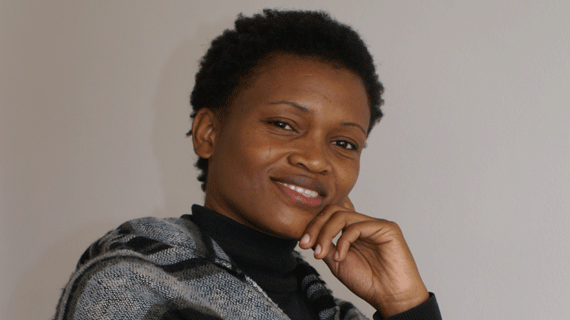
THIS past week I attended an interview for a programme I had applied for a few weeks ago. When I initially applied for the programme, I honestly had not thought there was a chance of me being called in for an interview, let alone gain acceptance into the programme itself.
A few weeks down the line, to my surprise, I was called in for an interview. I was pleasantly surprised.
I prepared for the interview. However, on the day I felt I did not perform to the best of my ability. I was nervous and felt a little inadequate. When I left the interview room, I was sure I had blown my chances of success.
However, I am happy to say I was accepted into the programme, in spite of my indiscretions. The interviewers saw in me what I had failed to see in myself.
I know many of us have had to attend an interview at some point in our lives. This could be a job, college, or even embassy interview.
Many will agree with me that this can be a nerve-wracking experience. Some people allow their nerves to get the best of them to their own detriment.
This week I would like to share a few interview tips that will ensure you make the positive impression that will get you the desired results.
Know yourself
- Chamisa under fire over US$120K donation
- Mavhunga puts DeMbare into Chibuku quarterfinals
- Pension funds bet on Cabora Bassa oilfields
- Councils defy govt fire tender directive
Keep Reading
Know what you have to offer the organisation. This entails identifying your assets and qualities by making a list of your:
- Skills and competencies,
- Knowledge,
- Values and needs,
- Beliefs,
- Interests,
- Personal characteristics.
Practice
Practicing what you are going to say and how you are going to say it will help you communicate clearly and confidently. It is best not to memorise questions and answers.
Instead, develop key points that you want the interviewer to know about you.
Try practicing in front of the mirror or recording your sessions so you can see and hear how you perform. It is also a good idea to role-play the interview with a friend.
Presentation
How you present yourself in the interview is very important. This encompasses your appearance, your attitude and your body language.
- Smile and extend a firm hand shake with the interviewer when you meet,
- Make eye contact with interviewers,
- Dress appropriately,
- Do not waffle,
- Be positive.
Most people feel anxious about a job interview.
Pretending to feel confident, even when you actually do not, will have a positive effect on both you and the interviewer.
Portraying the wrong image at an interview could cost you a life-changing opportunity. You do not get a second chance to create a first impression
Nonto Masuku is executive partner at an image management firm










